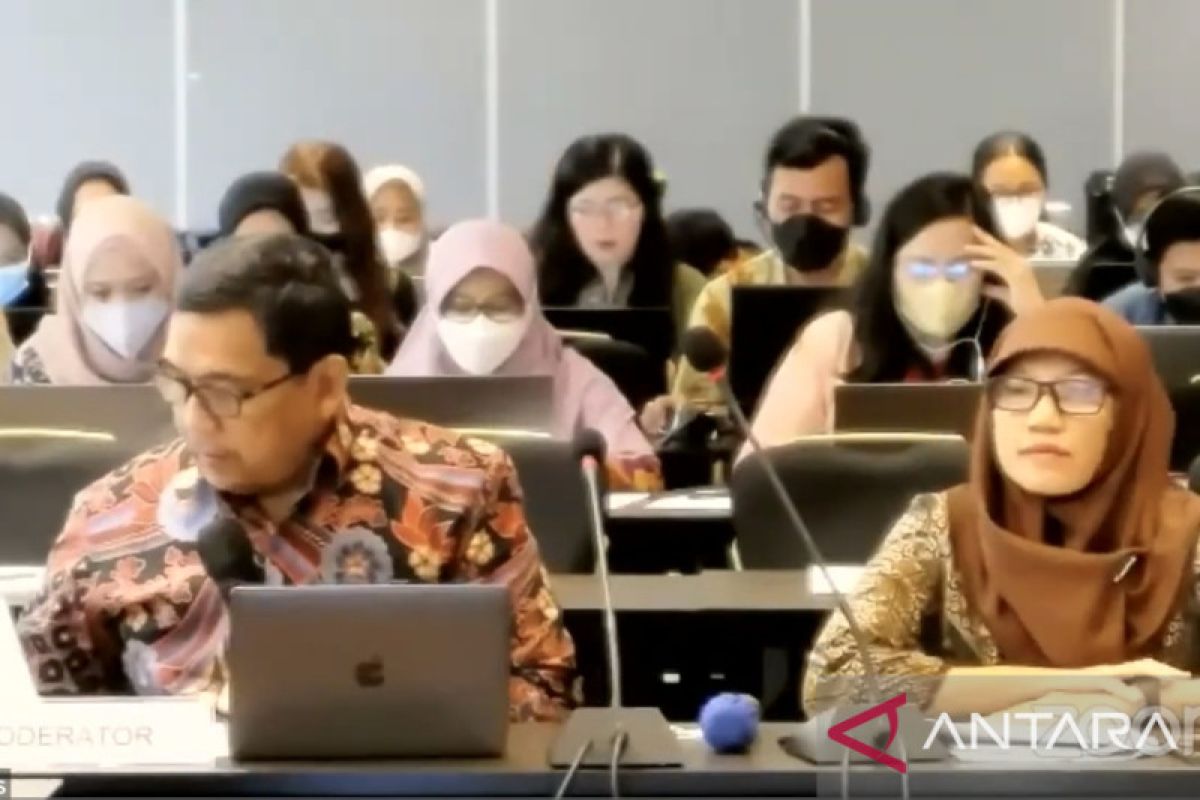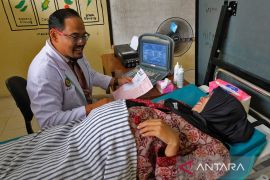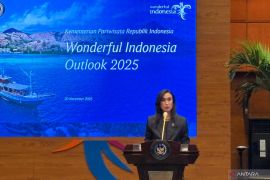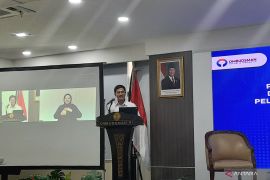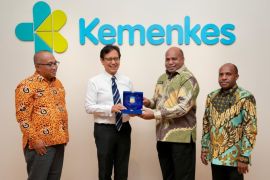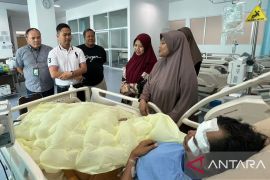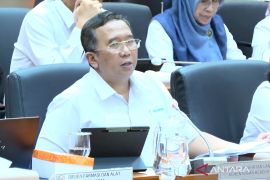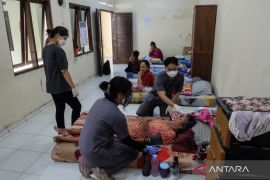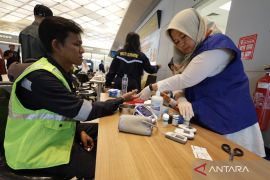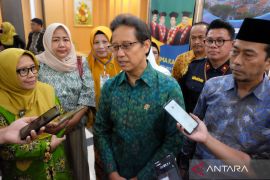"For now, our main problem is the lack of specialist doctors and the long bureaucracy for issuing registration certificates (STRs) and practice permits (SIPs) to doctors," the ministry's Director for Health Workers’ Empowerment Anna Kurniati said.
Speaking at an event held to disseminate information on the Health Bill in Jakarta on Friday, she said the substance of the Health Bill aims to increase the availability of specialist doctors through the implementation of specialist medical education at teaching hospitals as the main organizers.
The bill also covers easing the portfolio assessment of Indonesian diaspora doctors who have practical experience during their competency evaluation, as well as easing the utilization of foreign health workers in investment areas with the aim of transferring technology and knowledge, she informed.
"The Health Bill also simplifies the bureaucratic process of issuing STRs and SIPs without losing quality and competence," Kurniati said.
Disparities in the fulfillment of specialist doctors still occur in all regions of Indonesia, she added.
According to her, the availability of specialist doctors in Indonesia has reached 51,949. The ratio recommended by the World Health Organization (WHO) is 0.28:1,000 population, thus, Indonesia still needs around 30 thousand specialist doctors.
"While 59 percent of medical specialists are concentrated in Java Island," she noted.
In addition, out of a total of 92 medical faculties in Indonesia, only 21 offer specialist study programs. The faculties are producing a total of 2,700 graduates per year. This means that it will take more than 10 years to meet the target ratio outlined by the WHO, Kurniati noted.
To overcome the disparity in health worker distribution in the country, Indonesia needs help from specialist doctors, both Indonesian citizens and foreigners, who have graduated abroad and are willing to work in Indonesia, she said.
"This policy can also be used to support investment and overcome the loss of foreign exchange abroad to obtain health services," she disclosed.
Every year, Indonesia loses around US$11.5 billion in foreign exchange due to its citizens choosing to seek health treatment abroad, she added.
In order to maintain the quality of medical specialist services, competency evaluation and adaptation of health personnel will still be carried out for Indonesian citizens and foreign graduates graduating from abroad.
"The competency evaluation must be followed by Indonesian citizens graduating from abroad and foreigners to be able to practice in Indonesia," she emphasized.
She explained that the competency evaluation mechanism involves an assessment of administrative completeness and practical ability through competency or portfolio equalization and competency tests.
Meanwhile, the adaptation mechanism is carried out at health facilities after the concerned person is declared competent, she added.
"The purpose of this adaptation aims to help specialist doctors understand the flow of services, financing, and disease patterns in Indonesia," Kurniati said.
Participants also need to adapt to the language and culture as well as share knowledge and experience with local health workers, she added.
The competency evaluation through portfolio assessment is based on participants' experience and expertise, she said.
"The minimum experience for Indonesian citizens is two years and they must graduate from foreign educational institutions recognized by the Indonesian government," she informed.
Meanwhile, foreigners are required to have a minimum of five years of experience and meet international-level expertise criteria in certain superior fields, she said adding, they also need to be recognized by the Indonesian government based on inputs from experts in related disciplines.
Related news: Ministry launches program to boost number of specialist health workers
Related news: Indonesia still needs 30,000 specialist doctors: ministry
Translator: Andi Firdaus, Resinta S
Editor: Rahmad Nasution
Copyright © ANTARA 2023
